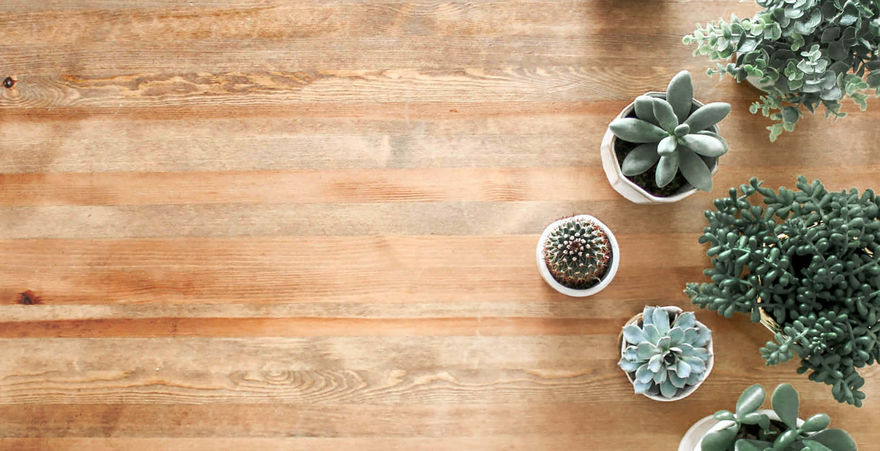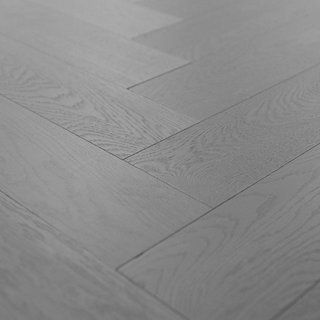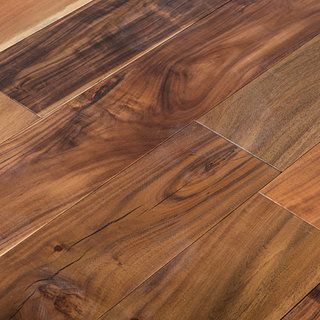
Sale Flooring Direct Blog
What is Vinyl Flooring?
Posted: 1st October 2019

Vinyl flooring is a common flooring choice among homeowners a cost-effective alternative to adding a floor to your house that is stain and water-resistant. Vinyl floors are now more affordable and more stylish than ever before.
A vinyl floor can bring the look of wood or tile effect to any room in your house, but with the extra advantages of lower prices and being softer underfoot. Most commonly installed in a bedroom or kitchen floors, vinyl features a durable wear layer that can withstand heavy footfall from a busy home.
There are two types of vinyl flooring: sheet flooring and vinyl tiles.
Sheet Vinyl Flooring
Sheet vinyl flooring is also commonly known as cushion vinyl flooring, due to its soft underfoot qualities, with most luxury flooring types able to be replicated in a vinyl style. Its layered construction allows for a more stable and durable floor.
Vinyl sheet styles can mimic a variety of real wood and stone flooring effects, and while they remind some of older style design, the advances in technology have allowed vinyl sheets to bring added quality to your room.
Vinyl Tile Flooring
Vinyl tile flooring is available in a range of colours and styles, with the most recognisable type known as Luxury Vinyl Tiles (LVT).
Luxury Vinyl Tile is an innovative design of vinyl flooring, which has become an increasingly popular and cost-effective alternative to wood or stone. The realistic look of either wood, stone or ceramic tile is extremely hard wearing and has the ability to take heavy footfall. With a scratch-resistant surface, LVT is made up of multiple thin layers so that the flooring is still flexible but can be easily maintained.
Why Choose Vinyl Flooring?
There are many reasons why someone would want to choose vinyl flooring for their home or business. Most vinyl floors will offer a soft and warm touch which gets rid of any unwanted noise from people walking on the floor.
Vinyl flooring is a perfect option for those looking into property renovation, as it is thin and easy to install, with a variety of vinyl flooring solutions available for any type of subfloor which you are laying on top of.
Installing vinyl flooring is also quite an easy process, even for those who are not experienced DIYers. Both vinyl tiles and vinyl plank flooring can be laid without the help of a professional fitter, although it is worth consulting a professional if needs be.
When should I not use vinyl flooring?
While there are a number of advantages to using vinyl flooring for your home or business, there are some reasons why it may not be the best option for you.
With vinyl, it is particularly important to ensure you have a perfectly smooth floor. If this is not possible then vinyl flooring may not be the best option – as it is so thin even small grains which are trapped beneath the floor can cause damage further down the line.








